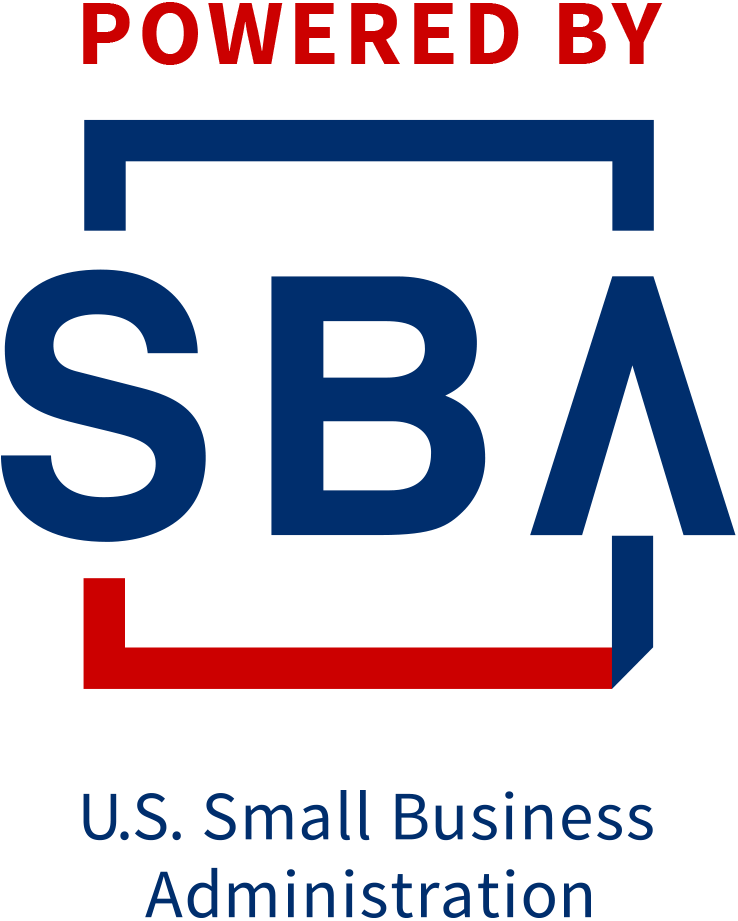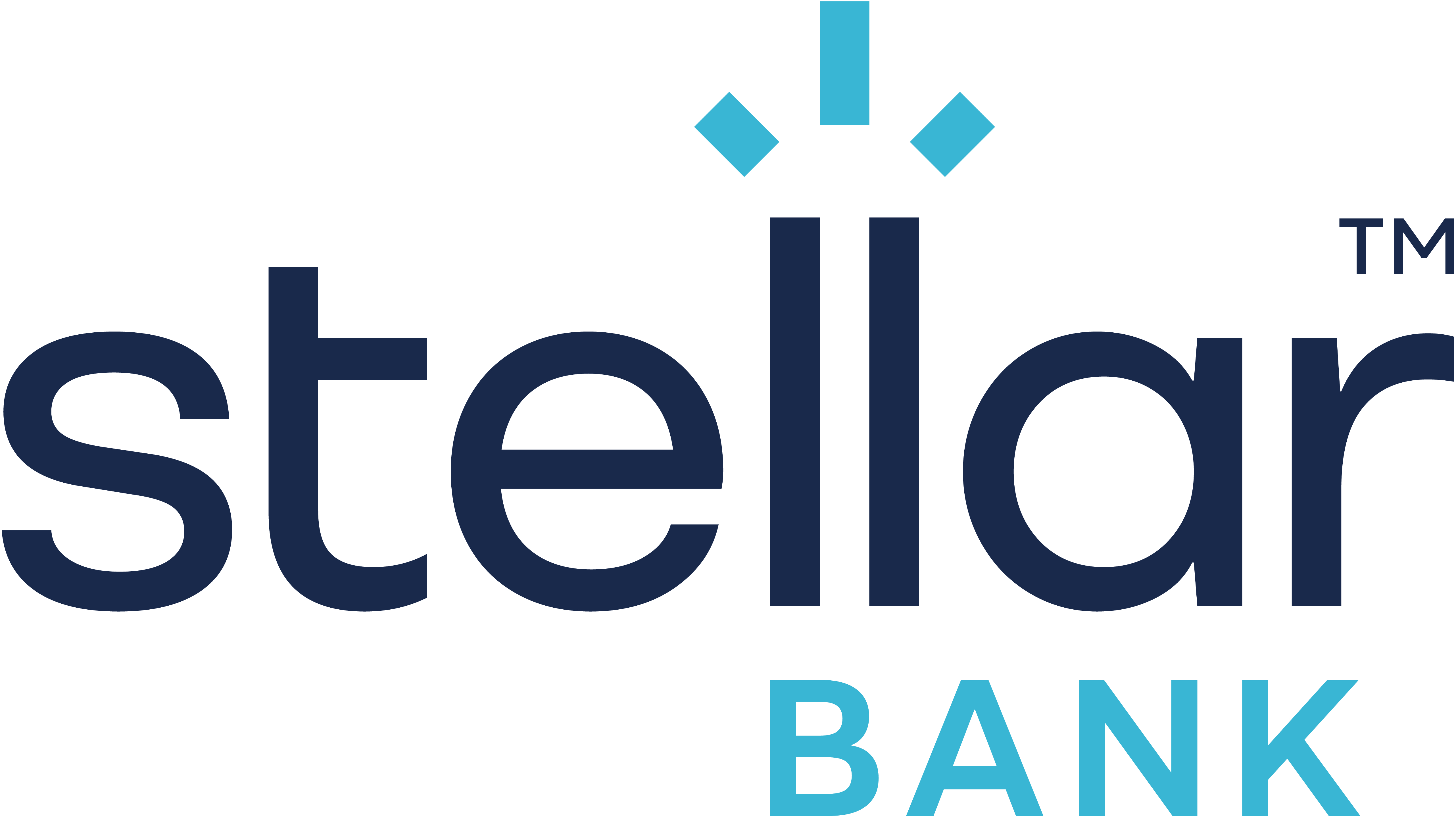How Can Small Businesses Use AI?

By: Aries Payne
As artificial intelligence technology evolves, it has become more relevant in the business world than ever before. Not only can it improve efficiency, but with the right prompts, it can also guide decision-making, drive innovation, and even help you reduce costs.
However, the benefits don’t stop there; here are the different ways entrepreneurs can leverage AI for their small businesses.
Marketing
According to HubSpot, you can use artificial intelligence to help with market research, data analysis and reporting, content creation, and more.
- Market Data Analysis and Insights – AI can process and analyze vast amounts of data quickly, providing businesses with valuable insights that can inform decision-making and marketing campaigns.
- Predictive Analytics – Some AI technologies offer predictive analytics tools that can help you forecast sales and trends based on historical data.
- Content Creation – AI can help you write ads and newsletter copy, social media posts, and blogs. (However, you’ll still need to fact-check, edit, and rewrite content so it remains accurate and matches your brand voice.) AI can also be used to create images and videos.
Customer Service
Artificial intelligence can help improve the customer experience, offering quick customer service at any time of the day and personalized recommendations.
- Customer Support – Chatbots leverage natural language processing (NLP) to answer common customer questions, providing a way for businesses to offer fast customer support, 24/7.
- Sentiment Analysis – Some CRM-based AI tools can assess customer interactions and sentiment to predict future behavior.
- Personalized Customer Experiences: AI-powered tools can be used to personalize customer experiences, from targeted marketing campaigns to product recommendations.
Operations
From data entry to inventory management, artificial intelligence can streamline these processes so they’re more automated, increasing productivity and freeing up more of your time.
- Business Planning – Use AI to optimize current processes by identifying inefficiencies and suggesting improvements. It can also help you develop ideas to create or improve products.
- Admin Assistance – AI technology can be used to summarize email threads, schedule meetings, and take notes.
- Recruitment – AI-driven software can screen resumes to help businesses narrow down their applicant pool.
Finance
AI can streamline your bookkeeping and accounting processes in various ways, and even help protect your business.
- Bookkeeping and Accounting – AI can automate bookkeeping and accounting processes, such as manual data entry, and help identify errors.
- Report Generation and Data Analysis – Some AI tools offer report generation and data analysis to help forecast cash flow and other financial trends to inform budgeting and resource allocation.
- Fraud Detection – Some AI software can detect irregularities that may indicate fraud or other security risks.
Artificial intelligence for businesses is likely to become even more widespread and impactful as it improves. Of course, with the range of current AI tools available, it’s important to understand which one is best for your needs—and what its limitations may be—so you can capitalize on the benefits it has to offer.
If you’re an entrepreneur, chances are you’ll benefit the most from AI tools that can reduce time-consuming or repetitive tasks, but if you need help further navigating this evolving technology for your small business, check out our past recorded webinar on using AI.







